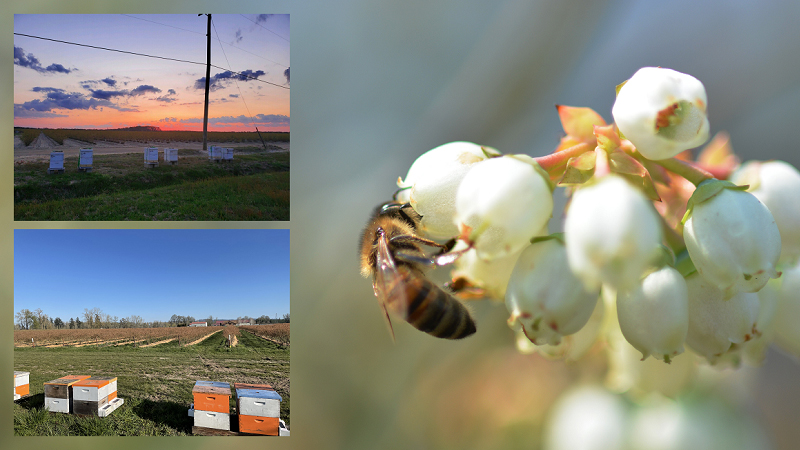Future Food Supply Needs Serving Up Super-Sized Challenge
It is no secret there is a need to increase our global food supply by as much as two-fold by 2050. Why? Let’s start with the fact that population is forecast to increase from nearly 7 billion today to more than 9 billion by 2050. Add to that fact global population is likely to be more affluent demanding a more varied, high-quality diet and it is easy to see why there is concern on how we meet this challenge.
If increased demand is not enough of a challenge, then consider the strain on our natural resources that will be required to meet this task. The need for land, water, and energy will intensify while the apparent effects of climate change will likely create even more challenges.
The Task At Hand
Let’s accept the fact that — barring some catastrophic event — the population increases to more than 9 billion by 2050. That alone will ramp up the demand for food by nearly 30% if dietary practices do not change from what they are today. Assume secondly that incomes increase globally over that period. Who benefits most from that increase in income?
USDA performs periodic surveys to estimate the food intake of U.S. consumers. Their latest survey (over the period 2007 to 2010) found that higher income families consumed more than lower income families (the income threshold separating these two groups was 185% of the income poverty line in the U.S.) of all food groups but processed grains. For example, higher income families consumed on average 1.53 cups of vegetables per day compared to their lower income counterparts who consumed 1.26 cups, a 24% difference.
Increasing incomes will increase demand for fresh fruit and vegetables. As global incomes increase over the next 35 years, there is no reason to suspect that global demand for fruit and vegetables will not increase with it.
Action Required
Recognizing these facts led the Future of Food and Farming Project (published by The Government Office of Science, London) to conclude that action must occur on four fronts if we are to meet these challenges.
1. More food must be produced sustainably through the spread of existing knowledge, technology, and best practice. Investment in new science must be developed to enable food consumers to benefit while simultaneously allowing food producers to see the benefit to responding to this challenge.
2. Demand for the most resource-intensive foods must be contained. The project challenges us to focus our efforts on food production that increases the efficiency of the natural resources used to produce it. There will be winners and losers based on resource advantages those food groups hold.
3. Waste in the food system must be minimized. The food system runs from the field to fork and waste anywhere within that continuum must be controlled. Waste is estimated to take as much as 50% of our food supply. Reducing waste will reduce the need for resources required to produce that food.
4. The political and economic governance of the food system must be improved to increase food system productivity and sustainability. Sustainability and productivity cannot be managed independently. Sustainability will require new technologies that increase productivity so that the food challenge can be met to the benefit of consumers and producers.
The project went on to recognize that policy options should not be closed off. The application of new technologies need to be considered — technologies like GMOs, cloned livestock, and nanotechnologies. The public needs to understand these technologies and the value they may add to sustainable production for a food secure future. This will require us to help consumers understand these technologies and change their values and ethical stances on sustainable food production.
The challenges are great and would appear to outline a promising future for agriculture that has a history for responding, as long as we invest in new science and embrace its. We cannot sit still or global food insecurity will create even greater challenges beyond those of poverty and hunger.










